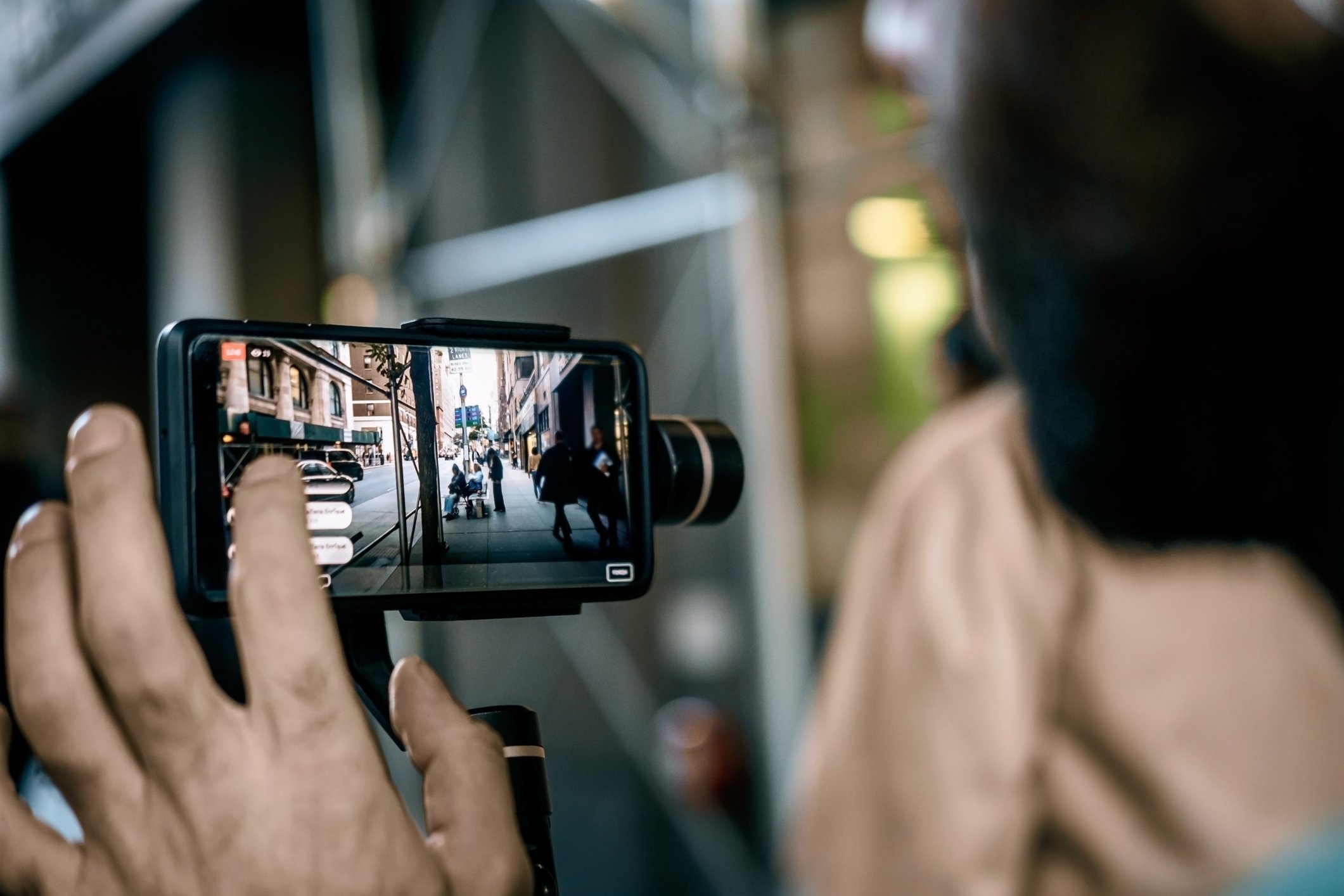
Over 4000 visual artists and organisations have called for short-term action to address financial disparities in the arts sector
Photo: JulyProkopiv via iStock
Artists urge Nandy to introduce smartphone levy
An open letter to Culture Secretary Lisa Nandy has also renewed appeals for the appointment of a Freelancer Commissioner.
Thousands of artists have asked the new government to take action to address “deep-rooted challenges” affecting those working in the visual arts sector by establishing a licensing levy on smartphones and appointing a Freelance Commissioner.
In an open letter to Culture Secretary Lisa Nandy, over 4,000 visual artists and organisations, including Art Fund, Crafts Council and ACME, called for short-term action to address financial disparities in the sector.
Led by royalties organisation DACS and advocacy groups CVAN (Contemporary Visual Arts Network ) and a-n, the so-called Visual Arts Manifesto claims that despite the creative industries generating £126bn a year to the British economy, "visual artists, particularly freelancers, are among the creative industry’s lowest earners,” and adding “we must address these disparities and support these essential workers”.
READ MORE
- MPs back proposed £300m Smart Fund for creator remuneration
- Renewed calls for freelance commissioner
To tackle the problem, signatories propose establishing a Smart Fund to generate collective licensing revenue and ensure creators and performers are paid fairly for their work when it is accessed, distributed and stored on digital devices.
Financed by a small percentage from the sales of electronic devices that can copy and store creative content, such as smartphones, the fund could generate an estimated £300m annually in copyright revenues for creatives and visual artists. Remuneration would then be distributed according to how frequently an artist's work is accessed.
Similar schemes have been introduced in 45 other countries worldwide, including Canada, Japan and Spain, as well as France and Germany – where 10% to 15% of the residual payment goes into national arts and culture funding.
The manifesto follows a Department of Culture, Media and Sport report published in April, which warned that the lack of a private copying scheme is preventing creatives from receiving payments in the UK and recommended one be introduced within the next twelve months.
In its short-term proposals, the letter renewed appeals for the government to appoint a Freelancer Commissioner to advocate for the rights and needs of freelancers in the visual arts sector and introduce robust regulation of AI that provides artists with consent, control and compensation for using their works in AI training and applications.
It also included 12 long-term recommendations, including integrating visual literacy into the national curriculum at key stage 2 to foster “creativity, critical thinking, and empathy from a young age”.
'A critical time'
“These recommendations are investments in the visual arts,” said the letter, “the UK's cultural heritage, economic growth and global standing; encouraging more people, from everywhere in the UK and more diverse backgrounds to forge careers in our world-leading visual arts sector.”
The long-term goals touch upon a range of support structures for the arts sector, with grassroots interventions such as ensuring every school-aged child visits a cultural organisation annually, investing in affordable artist studios, and maintaining free entry to museums and galleries.
There are also suggestions for policy changes, such as rejoining Creative Europe, promoting philanthropy through tax incentives and exploring a tourist levy to fund cultural projects.
“Artists have been unsupported for too long," said John Akomfrah, "and the new government has the opportunity to put this right – by investing in creative education, by supporting freelance artists, and by enabling new spaces for the creation of art, across the UK."
Christian Zimmermann, CEO of DACS, added: “We write this letter at a time when galleries, studios, museums and visual artists face significant challenges that severely impact their ability to sustain their practice and earn a living from their work.
"From the dramatic reduction in culture spending by local governments and the reduction in funding streams supporting independent artists to the rise of generative AI that threatens the copyright and livelihoods of visual artists. At this critical time UK artists need robust support to continue creating the works that enrich all our lives.”
Join the Discussion
You must be logged in to post a comment.